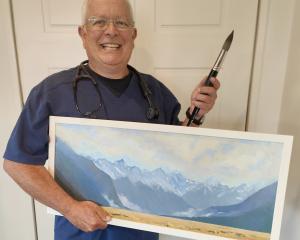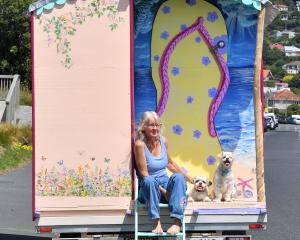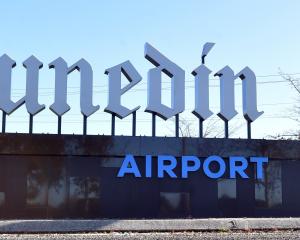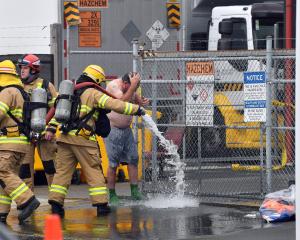
Health and Disability Commissioner (HDC) Morag McDowell’s report revealed the patient, referred to as "Mr A", did not receive the access to palliative chemotherapy and radiation therapy that would have been expected.
He died in August 2021; the tumour was discovered by an orthopaedic surgeon in June 2021.
A complaint was filed by a family friend after the patient’s death on behalf of his family.
The complaint stated despite approaches by the family and on their behalf, and "any opportunity for ... palliative chemotherapy was delayed until it was no longer possible".
Access to palliative chemotherapy might have reduced the suffering the man endured in the last months of his life, the complainant said.
Health New Zealand Te Whatu Ora (HNZ) acknowledged and apologised that despite the patient’s family approaching the service to follow up his treatment, he was not seen by a medical oncologist before his death.
Ms McDowell criticised HNZ’s communications with the patient and family.
"It is not clear whether this delay or the reasons for it were communicated to the patient or his family at the time of his care. In response to my provisional opinion, the complainant clarified that he was not aware that any reasons for the delay were provided.
"Instead, verbal reassurances were given that an appointment would occur."
By the time the patient was due to be seen by a medical oncologist, he "had deteriorated to the point that chemotherapy was not appropriate; the benefit even if treatment had been given earlier is doubtful".
Meanwhile, the second round of radiotherapy was delayed and the patient died before it could be administered.
HNZ Southern told HDC that the delays in the patient receiving further radiation were due to the Radiation Oncology department being at capacity due to a post-Covid surge of patients receiving treatment, resulting in treatment machines being at capacity.
This pressure on the department was amplified by machine replacement work and breakdowns, resulting in fewer-than-usual machines to treat higher-than-usual demand, HNZ Southern said.
Under different circumstances’ the man would have been scheduled for earlier treatment, they said.
The patient’s lack of treatment prompted Ms McDowell to launch an investigation into delays in provision of non-surgical cancer services.
The investigation acknowledged the resource constraints but considered that the care provided by HNZ Southern was not adequate in the circumstances.
"Given the resource constraints, I would have expected Health NZ Southern to discuss the situation with Mr A to explore the options of receiving treatment at another hospital or not receiving radiation at all.
"I am critical that the patient remained bed bound and in pain while waiting for radiation treatment, with little communication from Health NZ Southern."
The delay in the patient receiving a medical oncology assessment, and the reasons for it, also appeared not to have been communicated to Mr A, the HDC said.
"I expect providers to have frank discussions with these consumers to manage expectations and discuss the options available to them. I am critical that this did not occur in the patient’s case."
The HDC recommended HNZ Southern apologise to the patient’s family and to the complainant, while a GP involved in the proceedings was also asked to apologise.












